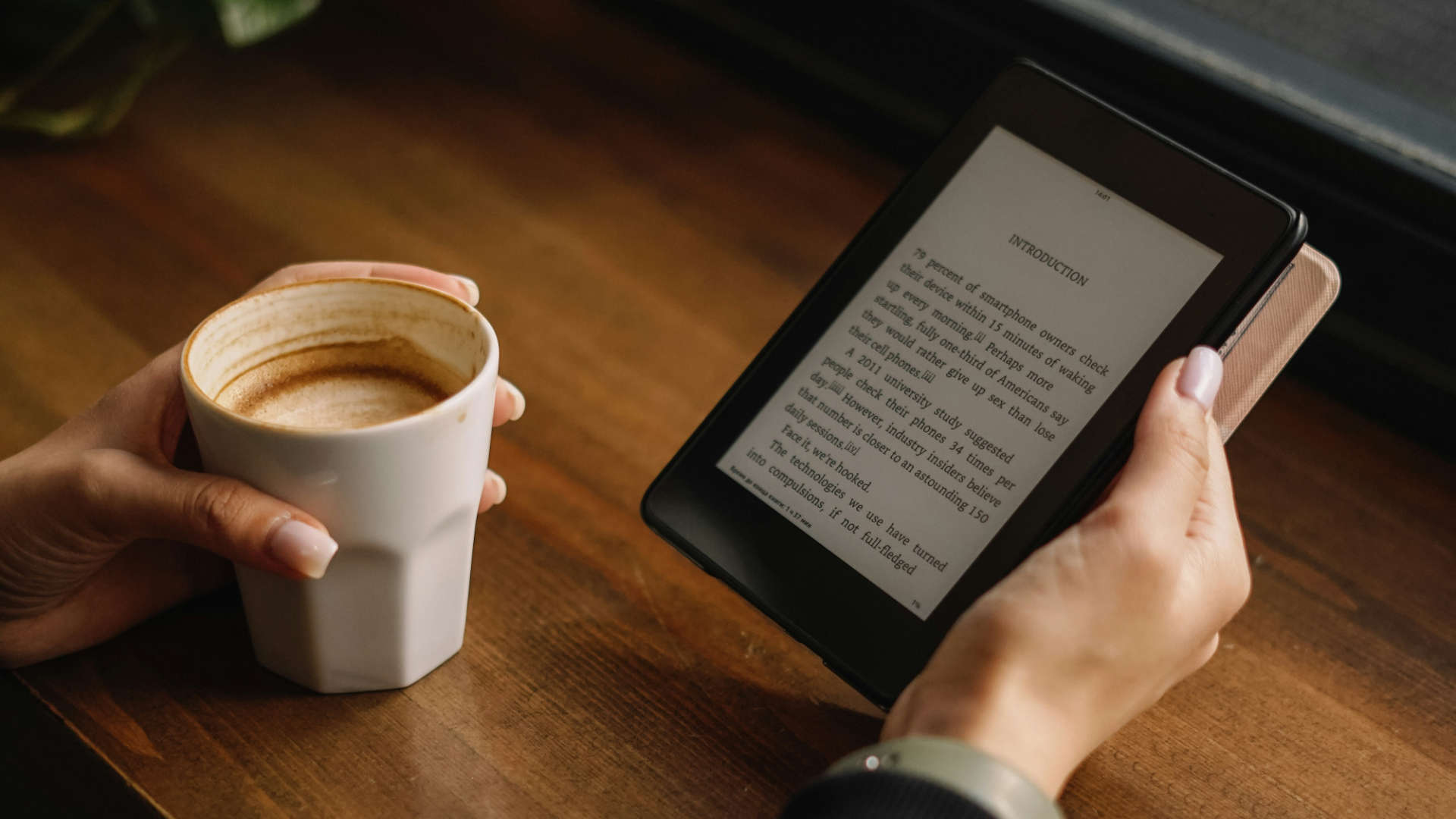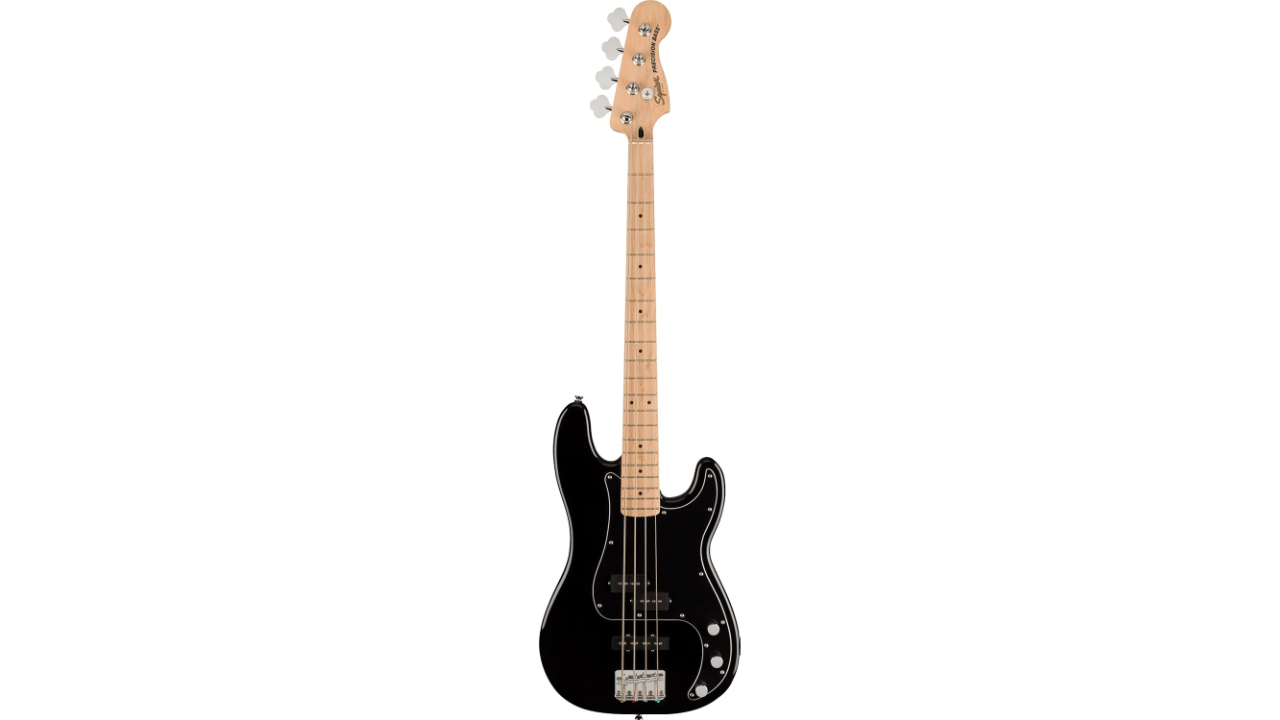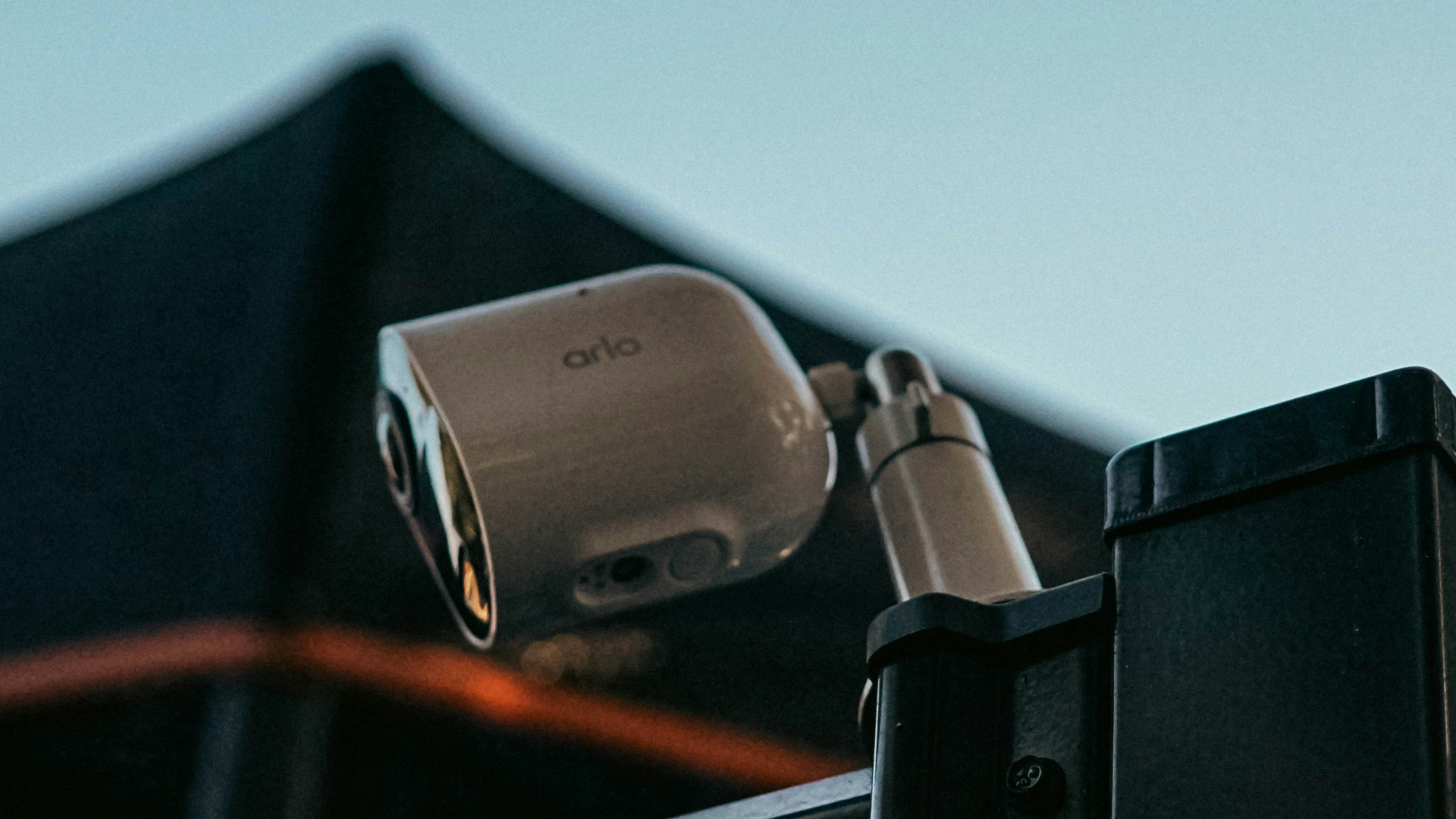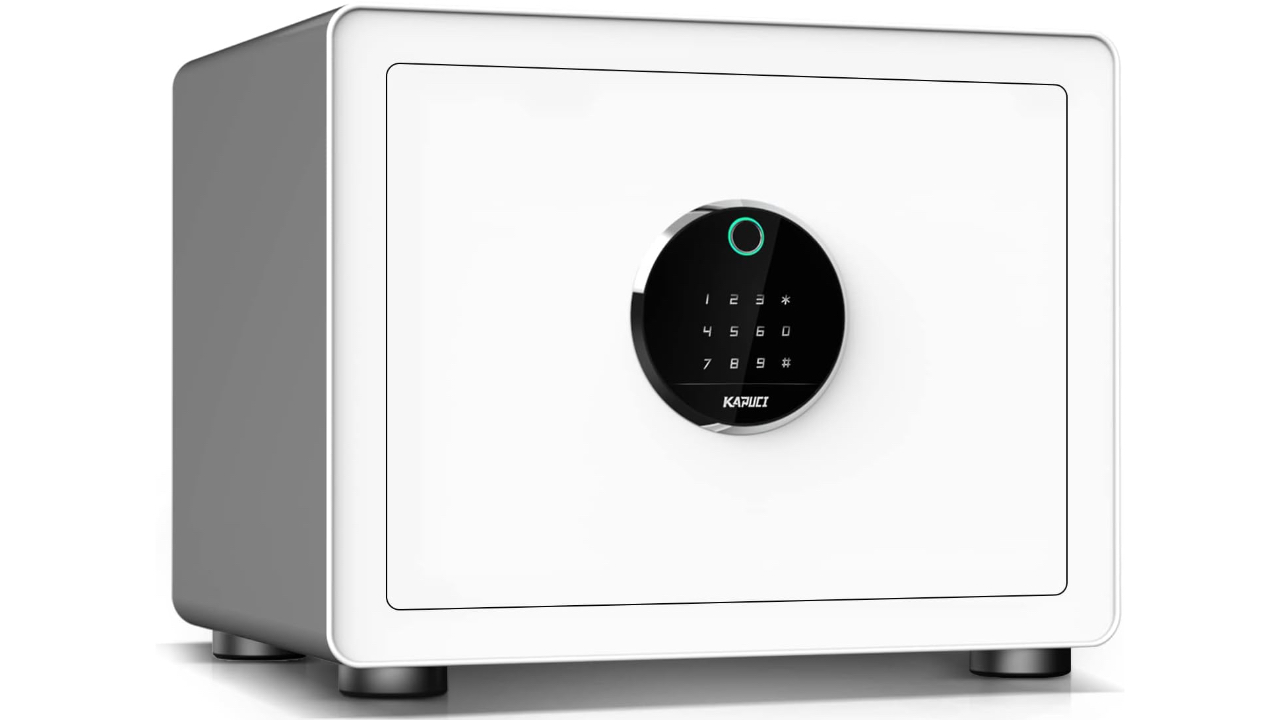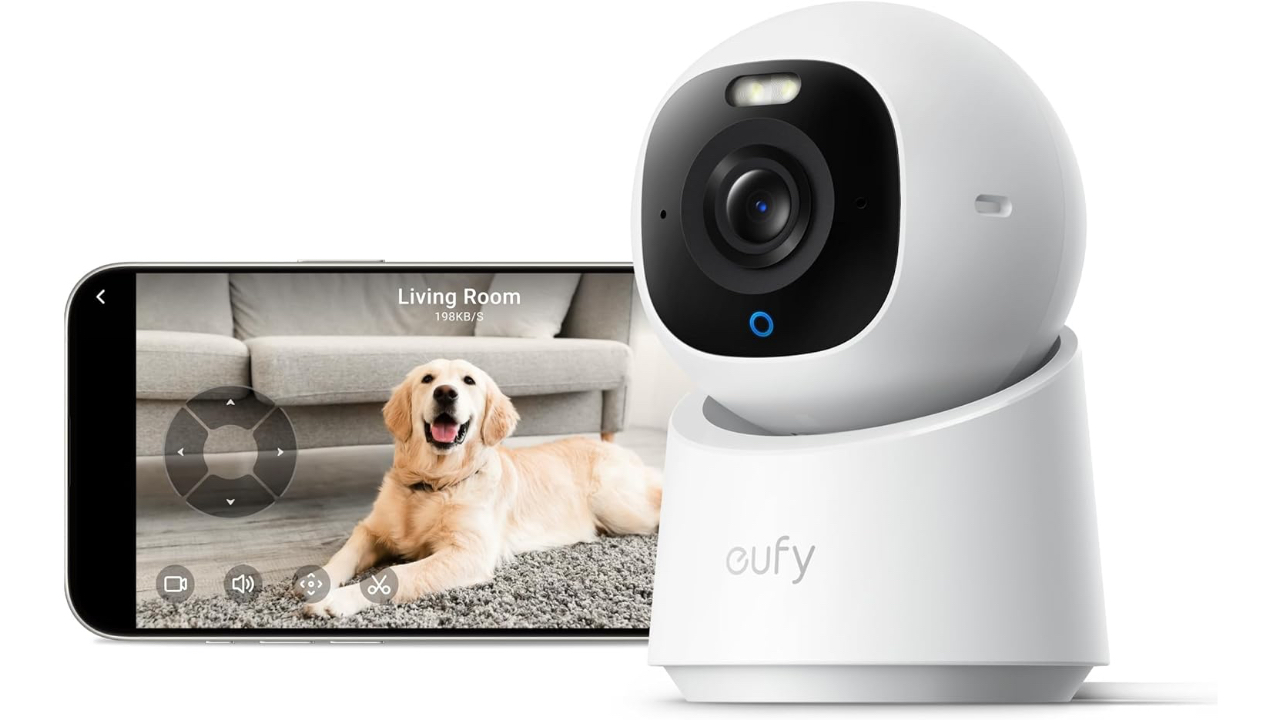In the debate between e-readers and tablets, understanding their key differences can help you make an informed decision on why you should buy an e-reader based on your reading habits and device needs. Each device serves distinct purposes and offers unique advantages that cater to different preferences.
Screen Technology and Reading Comfort
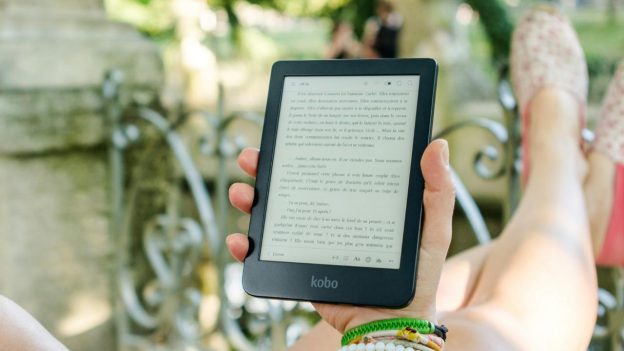
Photo by Perfecto Capucine on Unsplash
One of the most significant differences between e-readers and tablets is their screen technology. E-readers typically use E Ink displays, which mimic the appearance of printed paper. This technology is designed to be easier on the eyes, especially during long reading sessions. Unlike backlit screens, E Ink screens do not emit light, reducing eye strain and making them more suitable for extended reading in various lighting conditions. On the other hand, tablets use LCD or OLED screens that are brighter and more vibrant but can be harsh on the eyes after prolonged use. LCD screens, in particular, can cause more eye fatigue due to their backlighting and blue light emission.
Portability and Battery Life
E-readers are generally smaller and lighter than tablets, which enhances their portability and ease of use for extended periods. Their compact size makes them a convenient choice for carrying multiple books without adding significant weight to your bag. Additionally, e-readers boast impressive battery life, often lasting weeks or even months on a single charge. This extended battery performance is due to E Ink technology, which only uses power when the screen is refreshed. In contrast, tablets, while offering more functionality, require more frequent charging. Their battery life is typically limited to around 10 hours of use, which can be inconvenient for avid readers who prefer uninterrupted reading sessions.
Functionality and Versatility
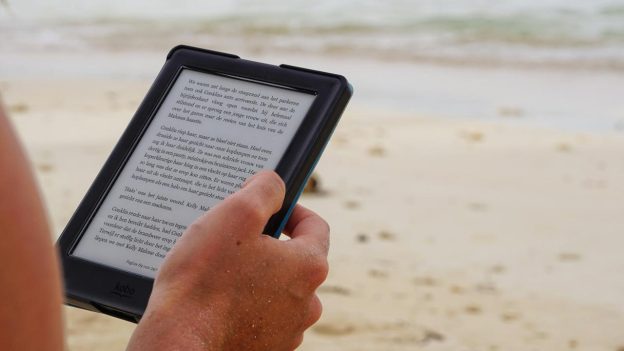
Photo by Maarten van den Heuvel on Unsplash
Tablets excel in their multifunctionality, offering a range of capabilities beyond reading. They can browse the web, check emails, watch videos, play games, and run various apps, making them versatile devices suited for a broad spectrum of tasks. Tablets generally come with a more extensive selection of apps and features, including options for managing documents, editing photos, and performing complex tasks. However, this versatility comes with a trade-off in reading quality. Tablets often lack the specialized reading features of e-readers, such as E Ink screens and extended battery life.
E-readers, in contrast, are dedicated to reading and offer a more focused experience. They typically have limited multitasking capabilities, focusing on providing an optimal reading environment. Some e-readers do offer basic web browsing and audio playback features, but these are secondary to their primary function of delivering a paper-like reading experience. For users who prioritize reading over other functionalities, the simplicity and specialization of an e-reader can be a significant advantage.
Outdoor Readability and Durability
When it comes to reading outdoors, e-readers have a distinct advantage. Their E Ink screens are designed to be easily readable in direct sunlight, much like traditional paper. This makes them ideal for reading at the beach, by the pool, or in other bright environments. Many e-readers are also waterproof, adding an extra layer of durability that protects them from accidental splashes and spills. Tablets, with their glossy and reflective screens, can be challenging to read in bright sunlight and generally do not offer the same level of outdoor readability.
Cost and Accessibility
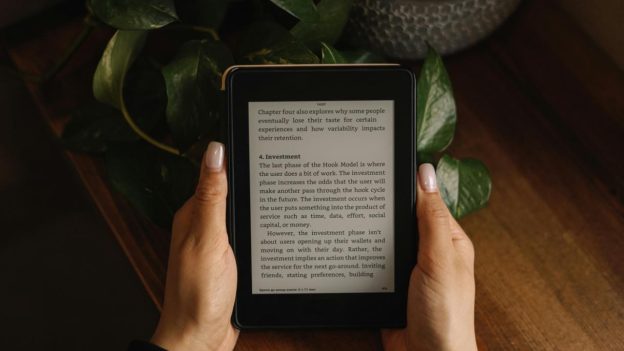
Photo by Lala Azizli on Unsplash
Cost is another important consideration when deciding why to buy an e-reader or tablet. E-readers are generally more affordable, with entry-level models available at a lower price point compared to tablets. They offer excellent value for those who primarily want a device for reading. Tablets, while offering a broader range of features and functionalities, tend to be more expensive, especially high-end models with advanced capabilities.
In terms of accessibility, e-readers are typically designed to handle standard ebook formats and are compatible with various ebook stores and libraries. Tablets, with their broader range of apps and software, offer more flexibility in accessing different types of digital content, including ebooks, magazines, and multimedia files.
Final Thoughts: Why Buy an E-Reader?
In summary, the choice between an e-reader and a tablet depends largely on your specific needs and preferences. If your primary goal is to enjoy a comfortable, extended reading experience with minimal eye strain and long battery life, an e-reader is likely the better option. Its dedicated design and E Ink technology provide a superior reading experience, especially in bright conditions. However, if you need a device that offers a wide range of functionalities beyond reading, a tablet’s versatility and multimedia capabilities might make it the more suitable choice. By considering how you plan to use the device and what features are most important to you, you can make a decision that best fits your lifestyle.

